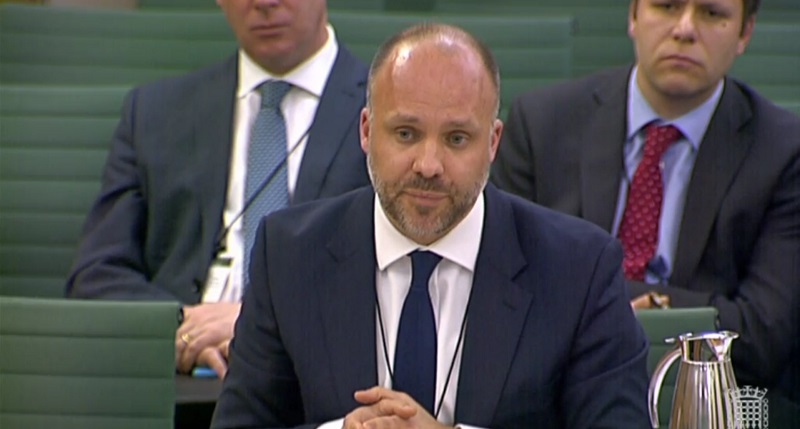Ofsted’s third early monitoring visit to a new levy-funded apprenticeship provider has uncovered a “clear focus” on delivering high-quality training.
However, it is the second of the three reports to focus on a company that is not a total newcomer to apprenticeships.
Inspectors visited Jigsaw Training, which featured on the government’s subcontracting register for 2016/17 as J & S Blackhurst.
It had a subcontract worth almost £2 million with grade two-rated Mitie Group last year, but it has now fallen under the gaze of Ofsted inspectors because it became a prime-contract independent training provider in May 2017.
Directors and senior leaders “have set a clear strategy to focus on delivering high-quality training to apprentices employed in the facilities-management sector”. They were however “aware that a few apprentices are not released on a regular basis from their job and of the adverse impact that this has on their progress”.
This first of this new wave of monitoring reports, which came out in March, heavily criticised Key6 Group, for having provision that was “not fit for purpose”.
The second, into London College of Apprenticeship Training, was more positive – though this might have been expected as it has a longer track record: it was set up in 2014 and was operating as a subcontractor until the apprenticeship levy came in last May.
Many thought that these new early monitoring visits were introduced in response to mounting concern about the proliferation of largely untested providers, following significant apprenticeship reforms.
Chief inspector Amanda Spielman announced last November that Ofsted would conduct early monitoring visits at new providers which appeared on the government’s register of training providers, so as to sniff out “scandalous” attempts to waste public money.
A spokesperson for the inspectorate subsequently explained that while these could include “totally new providers”, they would also cover “those who have previously been subcontractors, and those who have provided other forms of education and training in the past but ceased to be directly funded”.
Today’s report said that inspectors had intervened “as part of a series of monitoring visits to a sample of new apprenticeship training providers that are funded through the apprenticeship levy”.
Since becoming a levy-funded provider, Jigsaw Training had “strengthened the management team” and “set high expectations” of staff.
The company was formed in 1997, and inspectors recognised that “for the past 14 years it has specialised in providing apprenticeship training for workers in the facilities management sector”.
There were 281 apprentices enrolled and funded through the apprenticeship levy at the time of last month’s visit.
Mitie is an outsourcing company based in Scotland. It got a grade two in May 2016, and according to the report, it “has held a work-based learning contract since November 2008 and subcontracts all aspects of its provision to Jigsaw Training.”
Today’s report recognised “an ambitious vision to be an outstanding provider of apprenticeships to develop new talent and build a highly skilled workforce for the facilities-management sector”.
The majority were enrolled on frameworks in facilities services, with 35 studying new standards in property-maintenance operative, team-leader supervisor and facilities management.
Bosses have in recent months “identified accurately the majority of weaknesses that exist” and “implemented a number of changes to practices to bring about improvements”.
For example, senior leaders recently created an apprentice logbook so that off-the-job training can be recorded accurately.
Apprentices also receive regular visits and reviews from their tutors.
There was concern that “not all employers and apprentices” have a sufficient understanding of the 20-per-cent entitlement to off-the-job training.
“We welcomed the Ofsted monitoring visit, we found it rigorous and included a high level of scrutiny,” said a representative from Jigsaw. “While we recognise that there are areas for improvement most of this was already within our improvement plan and progress was underway.
“Overall we are pleased we our progress and remain absolutely committed to becoming an outstanding provider.”

